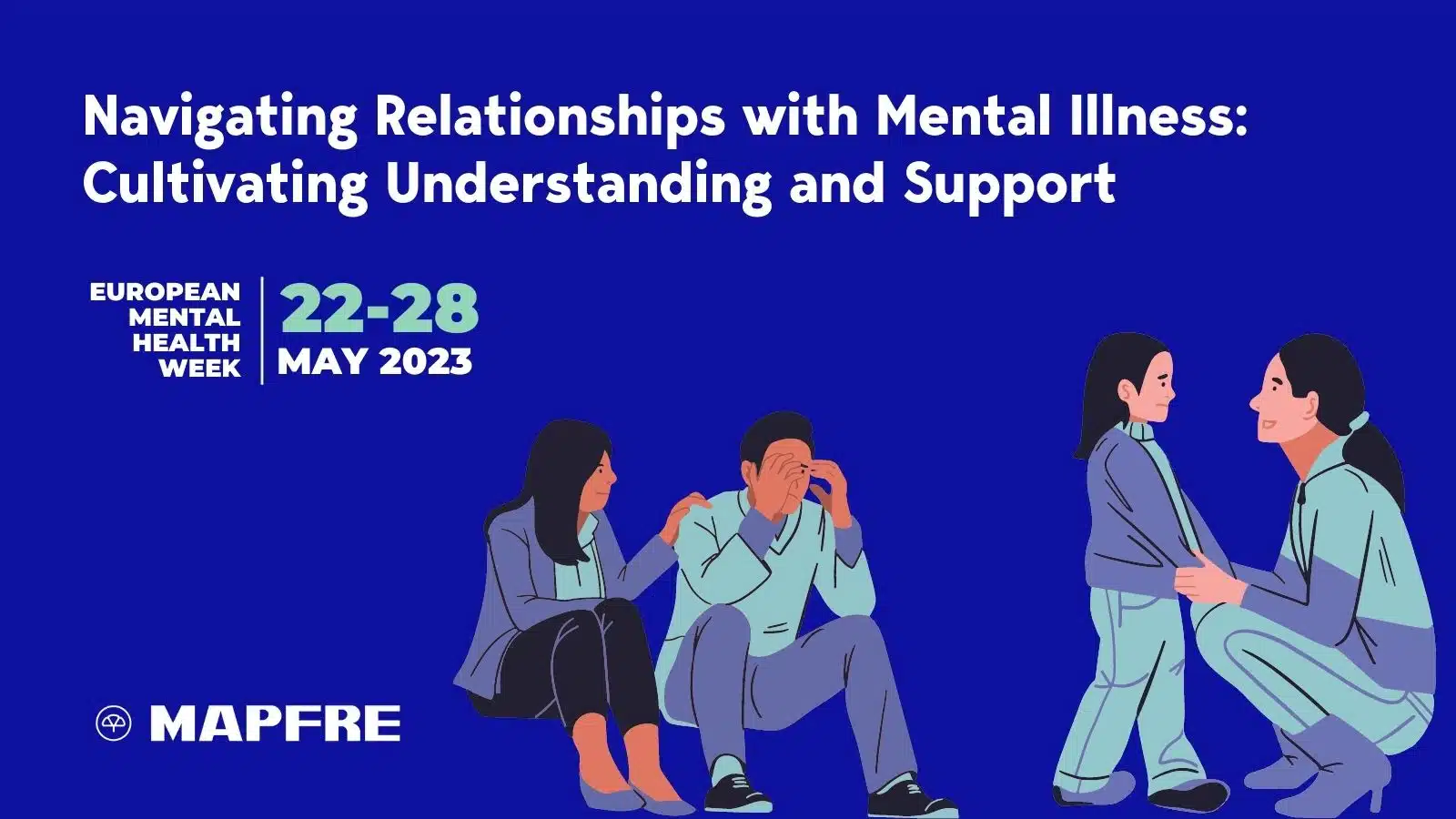Mental illness can impact not only the individual experiencing it but also their relationships with loved ones. Navigating these relationships requires empathy, understanding, and open communication. By fostering an environment of support and education, we can strengthen our connections and provide the necessary support to those experiencing mental health challenges. In this article, we’ll explore how mental illness can affect relationships and offer friendly guidance on effective communication and support for individuals with mental health conditions.
Mental illness can introduce unique challenges to relationships, such as changes in mood, communication difficulties, and fluctuating energy levels. It’s important to acknowledge and understand that these challenges are not a reflection of personal shortcomings but rather the effects of the condition.
Ways for a more effective communication and support:
- Education and Empathy: Educate yourself about the specific mental health condition your loved one is experiencing. Gain insight into its symptoms, triggers, and available treatments. This knowledge will enable you to approach the situation with empathy and understanding.
- Open and Honest Communication: Establish open lines of communication where both parties feel safe expressing their thoughts and emotions. Encourage your loved one to share their experiences, concerns, and needs. Listen actively, without judgment, and validate their feelings. In turn, share your own feelings and thoughts in a compassionate manner.
- Practice Active Listening: Pay attention to not only the words spoken but also the emotions behind them. Validate your loved one’s experiences and emotions, demonstrating that you genuinely hear and understand their perspective. This fosters trust and encourages further open communication.
- Provide Unconditional Support: Assure your loved one that you are there for them, offering unwavering support. Be patient and understanding, as mental health recovery is a journey that may have ups and downs. Show empathy, avoid blaming or shaming, and focus on providing a safe and non-judgmental space.
- Encourage Professional Help: Support your loved one in seeking professional help, such as therapy or counseling. Offer to assist in finding suitable resources and accompany them to appointments if needed. Recognize that professional intervention can complement your support and facilitate their overall well-being.
- Self-Care and Boundaries: While supporting your loved one, it’s essential to prioritize your own self-care. Set healthy boundaries to ensure you have the energy and emotional well-being to be there for them. Seek support from friends, family, or support groups to alleviate any burdens you may carry.
Navigating relationships when mental illness is present can be challenging, but it’s not insurmountable. By cultivating understanding, effective communication, and unwavering support, we can strengthen our connections and create an environment conducive to healing and growth. Educate yourself, practice open and honest communication, actively listen, provide unconditional support, encourage professional help, and prioritize your own self-care. Remember, the journey of supporting someone with mental illness requires patience, empathy, and compassion. Together, we can foster resilient relationships that thrive in the face of mental health challenges.



